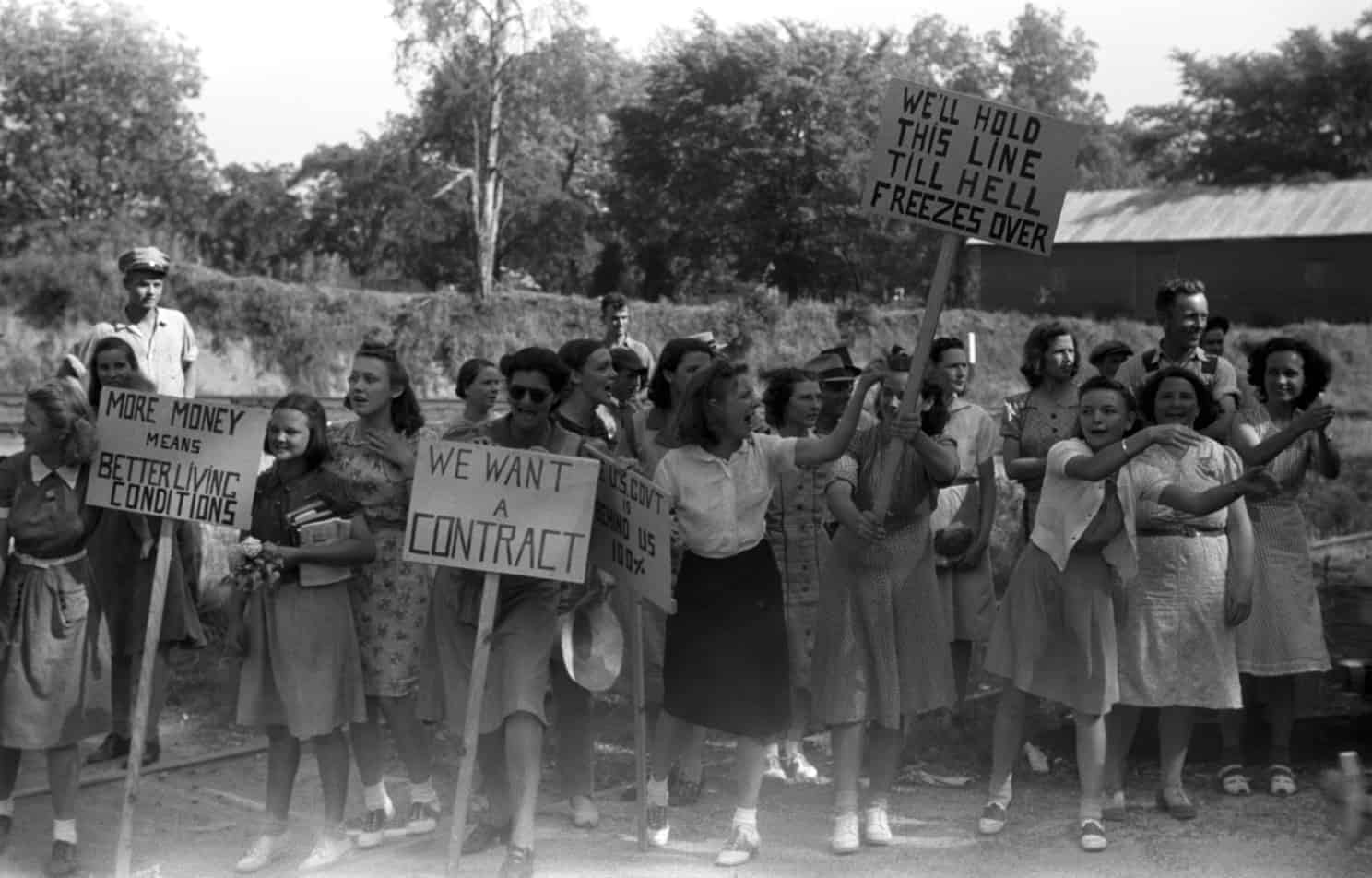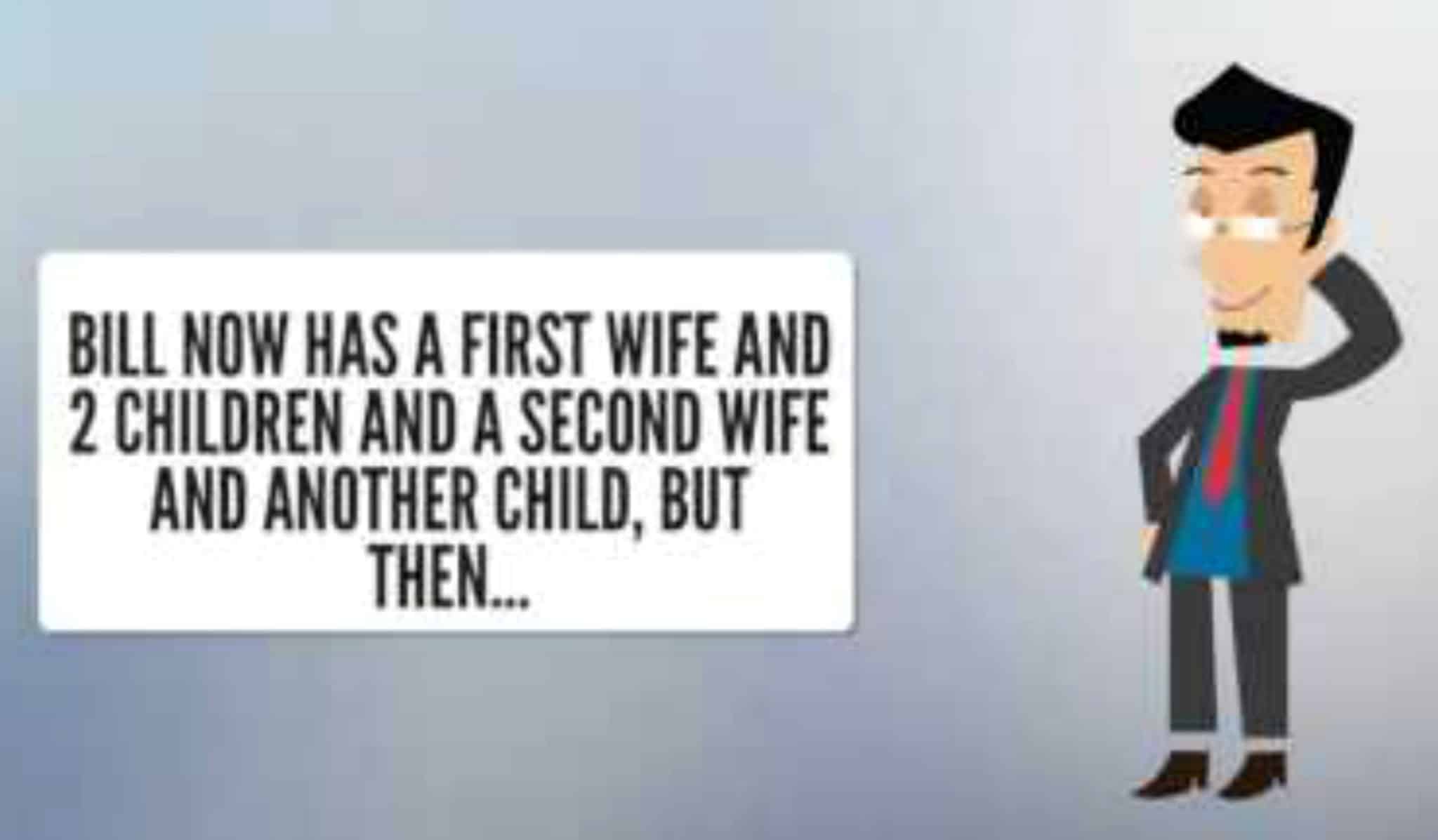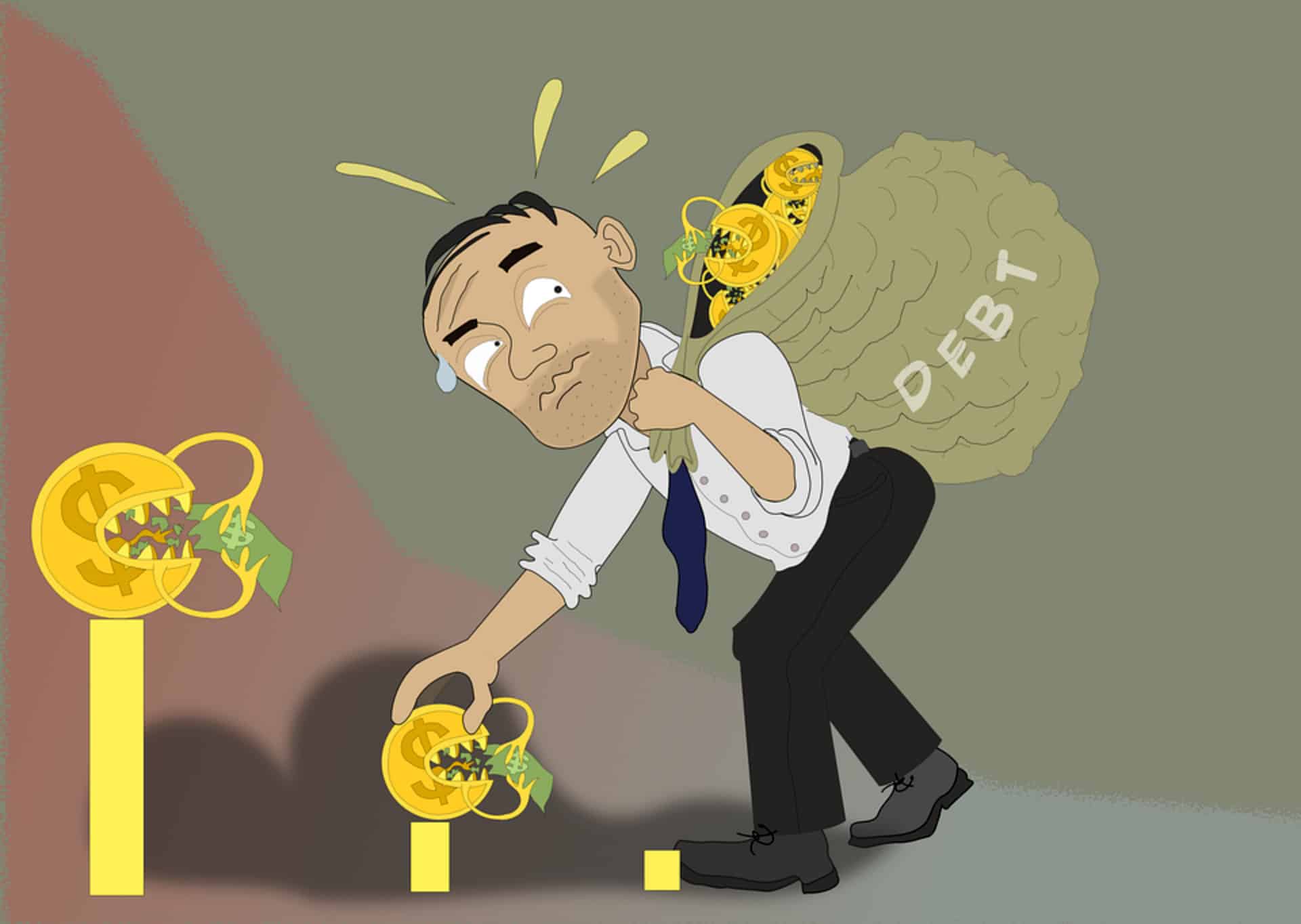[monkeytools msnip=”https://monkeyplayr.com/playr.php?u=5173&p=20796″]
Canadian credit score calculator – Introduction
The question we are most asked is, “How do I improve my credit score?”. The next question is, “Is there a Canadian credit score calculator and how does it work?”. Our answer is always in explaining how the rating is calculated and what each part of the calculation is. Once you understand the calculation, it is much easier to improve.
While it seems obvious that the loan decision-making process uses your credit report in making the decisions about loans, there are other less obvious uses for your credit history. Others might use your information to make decisions about other financial services and products. Poor ranking could lead to you paying hundreds, or even thousands, of dollars more over your lifetime.
In previous blogs, we have written about:
- Everything You Wanted to Know About Credit Scores But Were Afraid to Ask
- SHOULD SOCIAL MEDIA BE USED TO DETERMINE YOUR CREDIT SCORE?
- TANK YOUR CREDIT SCORE RATINGS, DECLARE BANKRUPTCY, IMPROVE YOUR LIFE!
- GOOD CREDIT SCORES HAVE SEX APPEAL
- THE RELATIONSHIP BETWEEN YOUR CREDIT SCORE AND INSURANCE RATES
- THE 10 MOST COMMON CREDIT SCORE MISTAKES
- A GREAT CREDIT SCORE DOESN’T MEAN YOU WILL GET THAT LOAN
- CREDIT REPORT: CHECK IT TO IMPROVE A POOR CREDIT SCORE OR A BAD CREDIT SCORE
- CREDIT SCORE RATING: YOU HAVE A GREAT ONE BUT YOU WERE STILL REJECTED
- CREDIT SCORE CHART MATCHMAKING SECRETS
What is the calculation?
The two reporting agencies, Equifax Canada Co. (“Equifax”) and Trans Union of Canada, Inc. (“Trans Union”) use complicated computer algorithms to calculate your result. The most common methods use either the FICO method, from Fair Isaac Corporation, or your Beacon score, which is a calculation that Equifax uses. Results can range anywhere from 300 to 850. The 5 elements that go into the calculation are:
- Payment history
- Amounts owed
- Length of loan history
- New credit
- Types of credit
This table shows the weighting of the five categories, as well as the total possible points available in each category:
| Category | Possible points | % |
| | |
| Length of loan history | 297.5 | 15 |
| New credit | 85.0 | 10 |
| Types of credit | 85.0 | 10 |
| Payment history | 297.5 | 35 |
| Amounts owed | 255.0 | 30 |
| | |
| 850.0 | 100 |
Payment history
The most important of the five categories is your payment history, meaning how well you pay your debts. There is a heavier emphasis on recent payments as opposed to older ones. Things like bankruptcy, foreclosure, accounts sent to collection agencies, and repetitive late payments are all considered negative events and will lower this part of the calculation.
Amounts owed
Amounts owed is how much you owe on your bank cards and loans, in other words, your outstanding debt balance. Also considered is your total authorized borrowing limit, along with the part of your limit that you have used.
Length of loan history
The length of your loan history plays a role in the calculation as well. The longer you have had a history, the better your result in this category will be.
New credit
New credit, or more specifically new credit applications, play a role in the calculation. As the number of recently opened credit accounts goes up, your result in this category will go down.
Types of credit
The last factor used in the Canadian credit score calculator is the different types of credit you have. Usually the more the better, except for consumer finance accounts. Consumer finance companies typically grant loans to people with poor borrowing histories so having these types of accounts defines you as “risky”, thus lowering scores in this category.
What does my calculation mean?
Here are the possible Canadian credit score calculator ranges, and what they mean:
700-850 A “very good” or “excellent” result. You should not have a problem getting a loan from a lender.
680-699 A “good” one. Though not considered very good or excellent, most lenders will not have a problem giving you a loan.
620-679 An “acceptable” score. Lenders will most likely need you to give supporting information about your income, time in your current home, bank statements, time with current employer, etc.
580-619 An “okay” score. 620 is the prime rate cut-off point, so you can expect to pay a higher interest rate with any lender who is willing to give you a loan.
500-579 A “bad” score. You may still be able to get a loan with a score like this, but you will most definitely be paying a higher interest rate.
350-499 A “very bad” score. You can still get a loan with this low of a score, but you may be better off turning it down and cleaning up your core over the next several years. Otherwise, the interest on the loan may be too difficult to handle.
As your score decreases, the ability for you to get a loan, on the most ideal terms, decreases greatly. Therefore, people with lower scores have to pay more in fees and interest rate for loan products. The higher your score, the more money you will save by being given the best rates and credit deals.
How does my score stack up?
“The general score that you’re aiming for is 700,” says Michael Lofquist, marketing and communications manager at Equifax. However, the average Canadian score is about 650 according to First Foundation Residential Mortgages.
So if you have a score higher than 650, then you know that you are better than average Canada.
What can I do if I have too much debt and too low a score?
Please, please, please, do not fall prey to the “guaranteed bad history loan” industry. So, if you have too much debt that is causing you too much stress because you cannot repay it, don’t worry about your score. The most important thing is to get into a place where you can manage your debt and regain y our health and control of your life.
You should book a meeting with an experienced licensed insolvency trustee first. (The first consultation is free.) Ira Smith Trustee & Receiver Inc. brings a cumulative 50+ years of experience dealing with diverse issues and complex files and we deliver the highest quality of professional service.
Contact us today and Starting Over, Starting Now you’ll be well on your way to overcoming your financial difficulties. Ultimately your credit score will thank you for having fixed the problem once and for all.
THIS VLOG WAS INSPIRED IN PART BY OUR eBOOK – PERSONAL BANKRUPTCY CANADA: Not because you are a dummy, because you need to get your life back on track
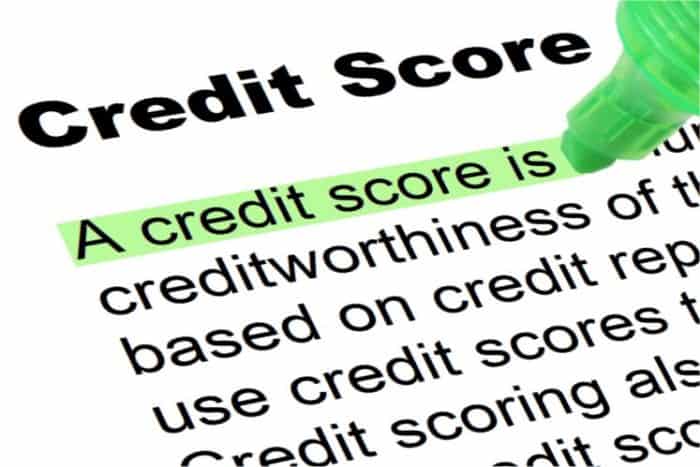
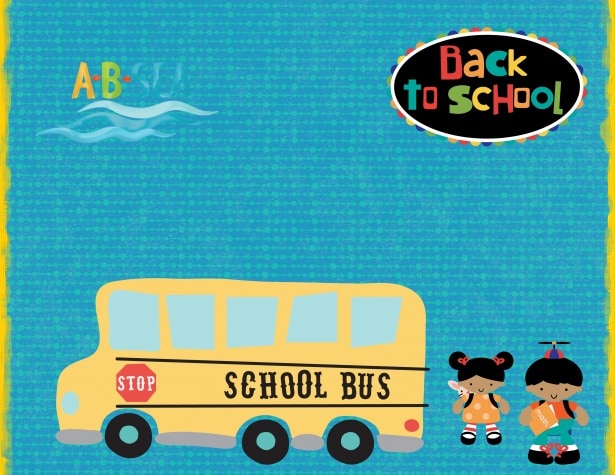 Back to school is a gold mine for retailers
Back to school is a gold mine for retailers
